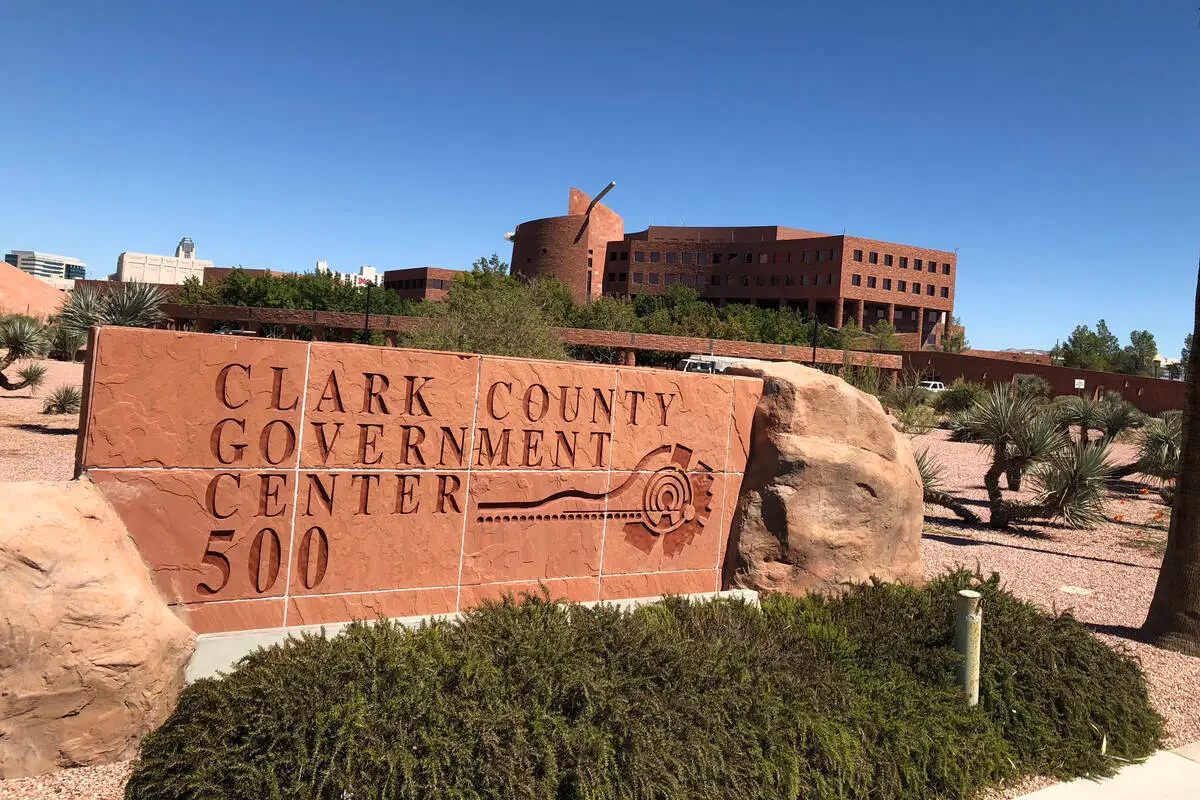Clark County is addressing a projected $56 million general fund budget deficit by reallocating funds initially set aside for capital projects. This decision was made as the county struggles with declining sales tax revenues and an economic slowdown. During a special meeting, commissioners approved a $2.1 billion operational budget for fiscal year 2026, which begins on July 1. The budget has a structural deficit of nearly $28 million, in addition to a $26 million shortfall expected for the current fiscal year ending June 30.
To close these gaps, the county will transfer $56 million from funds originally intended for capital projects, though specific projects affected were not disclosed. The reduction in sales tax revenue is linked to a decrease in building permits and recorded deeds compared to 2024, indicating an economic slowdown.
The budget must be balanced and submitted to Nevada by June 1. County CFO Jessica Colvin noted that future adjustments might be necessary if state or federal funding changes or if county revenue declines further. Pausing capital projects provides flexibility in maintaining operations, but further revenue declines could prompt additional cost containment measures, including discretionary spending cuts and possibly reducing mandated services.
The consolidated tax, which contributes significantly to the budget, is down 6 percent year-to-date. Nevada’s Department of Taxation adjusted the distribution of this tax, resulting in a significant reduction for Clark County. Additionally, visitation numbers have slightly decreased in the early months of 2025 compared to 2024. Other cities in the region, such as Las Vegas and North Las Vegas, are also set to discuss their 2026 budgets this week.






















